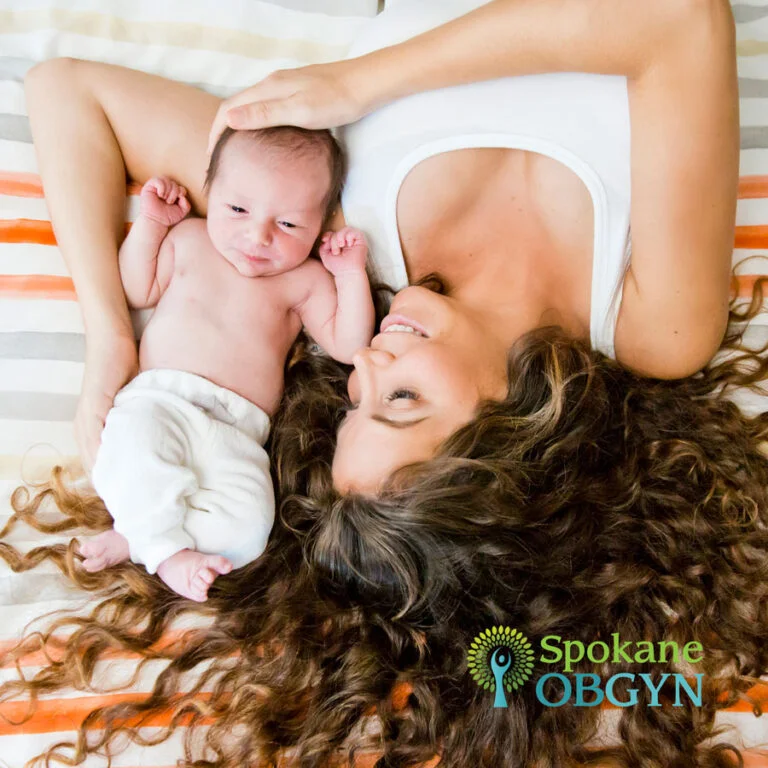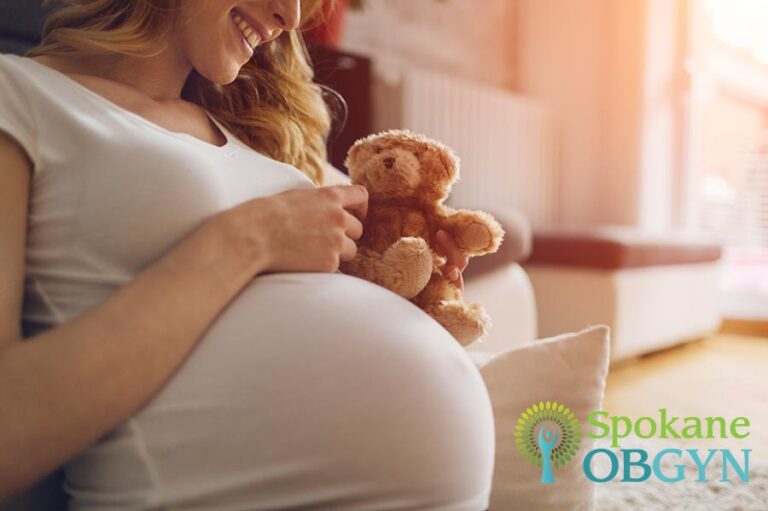Are you a first time mom?
The First
Heartbeat to the First Breath
We love caring for pregnant women and want to be there to support you in your incredible journey. We know that having your baby is one of the most extraordinary events in your life. From hearing the first heartbeat to the first breath of you newborn, our caring team works hard to create an environment of mutual trust and respect where you are involved in decisions regarding your pregnancy care and delivery. At our clinic, you can be sure that you are receiving the highest level of personalized care for yourself and your baby.
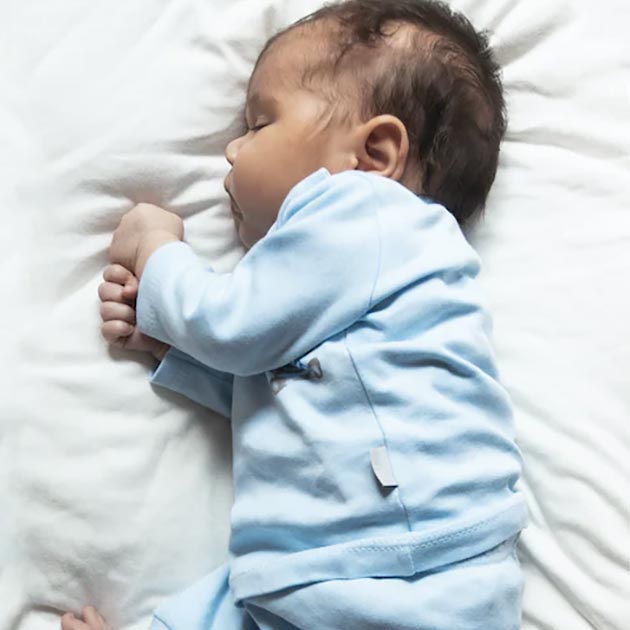
Pregnancy Services
Routine & High Risk

Pre-pregnancy Consultation
An essential step towards ensuring a successful pregnancy journey

General Obstetrics
Comprehensive care for women: pregnancy, childbirth, & more
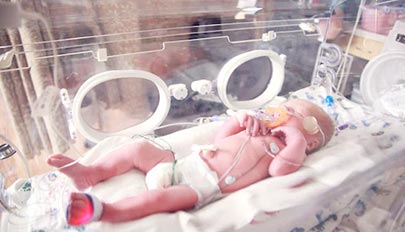
High Risk Obstetrics
Comprehensive care to ensure the well-being of both you and your baby

Vaginal & Cesarean Delivery
Providing you with personalized care and education regarding your delivery
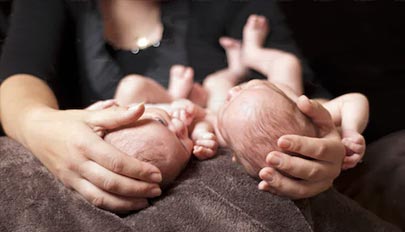
Twins
DELIVERY
Twin pregnancy is a unique experience that demands specialized care and attention
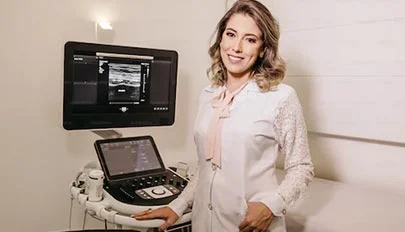
Ultrasound SERVICE
Routine prenatal ultrasounds and Hello Baby 2D, 3D, & 4D Ultrasounds

Testing In Pregnancy
Our doctors make the newest recommendations for testing in pregnancy

Postpartum
Care
A time of adjustment and transformation, and we are here to help you in your journey

Hospital
Services
Sacred Heart Medical Center, which provides state of the art labor and delivery suites
New Mothers
Congratulations on our new pregnancy! This is an exciting time in your life, and the health of you and your baby is our top priority.
During your initial visits to our clinic we will review
your health history, perform a detailed physical exam, including Pap smear if indicated, and review pregnancy information. You will have screening blood tests and we will discuss further routine and optional screening for your pregnancy.
You will have several scheduled appointments with Spokane OBGYN through out your pregnancy. Please feel free to contact us with any questions you may have.

What to Expect
Pregnancy can be exciting and also overwhelming. The first sign of pregnancy is often a missed period, while other symptoms such as fatigue, nausea, and frequent urination may occur in the early weeks.
You should schedule an appointment with your doctor to confirm your pregnancy and start prenatal care. As your pregnancy progresses, your doctor will monitor your health and the health of the growing fetus. It is important to listen to your body and communicate any concerns to us during office visits.
Click below to learn more about what you can expect through every step in your pregnancy journey!
1st Trimester
In the first month of pregnancy your baby is about a quarter inch long and weighs less than one ounce. By about week 6, baby starts to sprout arms, legs, hands and feet. Hair, skin and nails develop between 5 and 8 weeks. By 14 weeks your baby is about 3.5inches long and weighs little more than one ounce with all major organs developed.
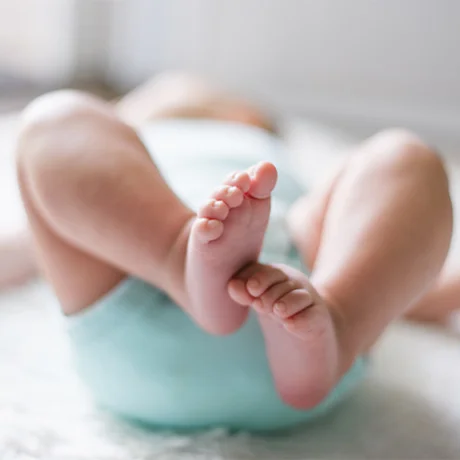
Symptoms
In the first three months you will experience many changes! Symptoms of pregnancy vary greatly between women; you may or may not experience:
Stopped period
Enlarged tender breasts
Frequent urination
Fatigue
Nausea
Food cravings or aversions
Heartburn
Constipation
Bloating
Mood swings
What You Can Do
In the first trimester you should:
- Start taking a prenatal vitamin, if you are not already taking one. You can purchase one at your local pharmacy over the counter or ask your provider to send in a prescription if you prefer.
- Book your first OB visit around 6 to 8 weeks from your first day of your last period. Consider genetic testing. There are several options and they should be discussed at your first obstetrical visits.
- Make time for fitness. 30 minutes 3-5 days per week is an excellent start. Try walking if you have been sedentary.
- It is safe to have sex if you feel like it, unless your doctor has advised you otherwise.
- Start thinking of a name for your baby, it’s never too early to start this process!
- Plan to announce your pregnancy. Think about when and how you’ll tell everyone the good news! Most women wait till the end of the first trimester, when the risk of miscarriage is lower.
2nd Trimester
Your baby is growing incredibly fast! He or she now has completely formed eyelids that react to changes in light. The entire body is covered in lanugo, a soft hair. Also the external genitalia become distinctly male or female! Your baby may start to suck his or her thumb now, as the sucking reflex is quite strong already. At about 20 weeks your baby is about 7 inches long and weighs between 10 and 12 ounces.
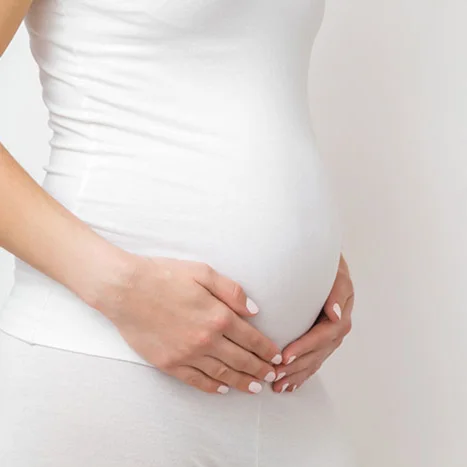
Symptoms
In the second trimester (weeks 13-28) you may experience:
Increased appetite
Abdominal expansion
Back and hip pain
Skin stretches
Aches from stretching of uterine ligaments
Dark line may appear down middle of stomach
Feet and ankle swelling
Brown patches may appear on face
Fetal movement*
What You Can Do
In the second trimester you should:
- Stay active, skipping activities that could cause you to fall
- Drink plenty of water
- Set up your registry
- Install a car seat
- Think about child care, daycare centers have waiting lists so start to look early
- Decorate your nursery
- Sign up for child birth and baby care classes
- Rest and relax, perhaps take a baby moon?
- Create a birth plan
3rd Trimester
It’s the start of your final trimester! Your baby’s taste buds are developed and he or she can respond to the changing tastes of the amniotic fluid. Their skin is less wrinkly as fat begins to fill in their contours. Your baby can make grasping motions with their hands. At 28 weeks your baby weighs about three pounds and is approximately 11 inches long. In the last month your baby should put on about half an ounce of fat each day and the lanugo is almost gone.

Symptoms
In your third trimester (weeks 28-40) you may experience:
Strong fetal movements
Shortness of breath
Navel protruding
Need to urinate more often
Nipples may leak yellow, watery colostrum
Dark line may appear down middle of stomach
Feet and ankle swelling
Contractions*
Pelvic discomfort, as baby may shift to a head down position
* Contractions may be Braxton hicks
What You Can Do
In your third trimester you should:
- Decide if you are going to get an epidural, make sure to note this in your birth plan
- Pack your hospital bag, include an outfit to bring baby home in, clothes for yourself and your partner, snacks, and cell phone chargers
- Keep track of fetal movement
- Watch for labor signs and symptoms, time contractions
- Take a hospital tour, so you will know where to go on the big day
- Choose a pediatrician
- Buy any last minute baby gear you may still need
- Look into getting a breast pump if you are planning to breastfeed
- Take a breast feeding class or read a book
- Take pregnancy photos
- Stock your fridge, freezer and pantry, grocery shopping is the last thing you’ll want to have to do when you bring baby home
- Stock up on diapers and wipes
- Find child care for your other children for when the time comes
Irregular Symptoms
If you experience any of the following symptoms call your Doctor’s Office.
If you cannot reach your doctor’s office, go to the nearest Emergency Room.
- Heavy vaginal bleeding
- Severe pelvic pain
- Painful urination
- Fever over 101.5 F
- Severe puffiness in the hands/face
- Changes in vision
Delivery
Closer to the end of your pregnancy we will discuss your delivery plans and answer any questions you have about your birth options. We deliver at Providence/Sacred Heart Medical Center.

Additional Pregnancy Resources
Click below for more information

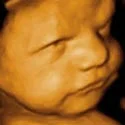
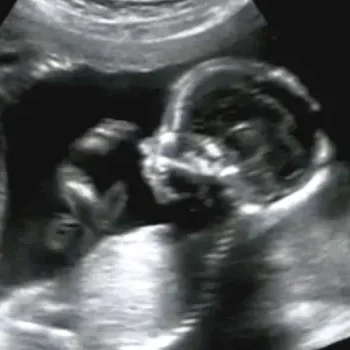
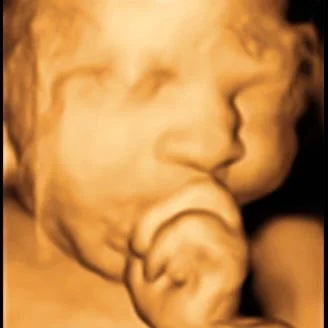
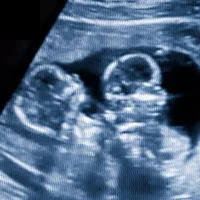
Hello
Baby Ultrasound
We are so excited for you and your pregnancy and love to be a part of this process in your journey. We offer several services separate from your routine prenatal care and strive to be competitive with our costs in the area.
Everyone including those who are not established patients with us can schedule an ultrasound with our offices.



